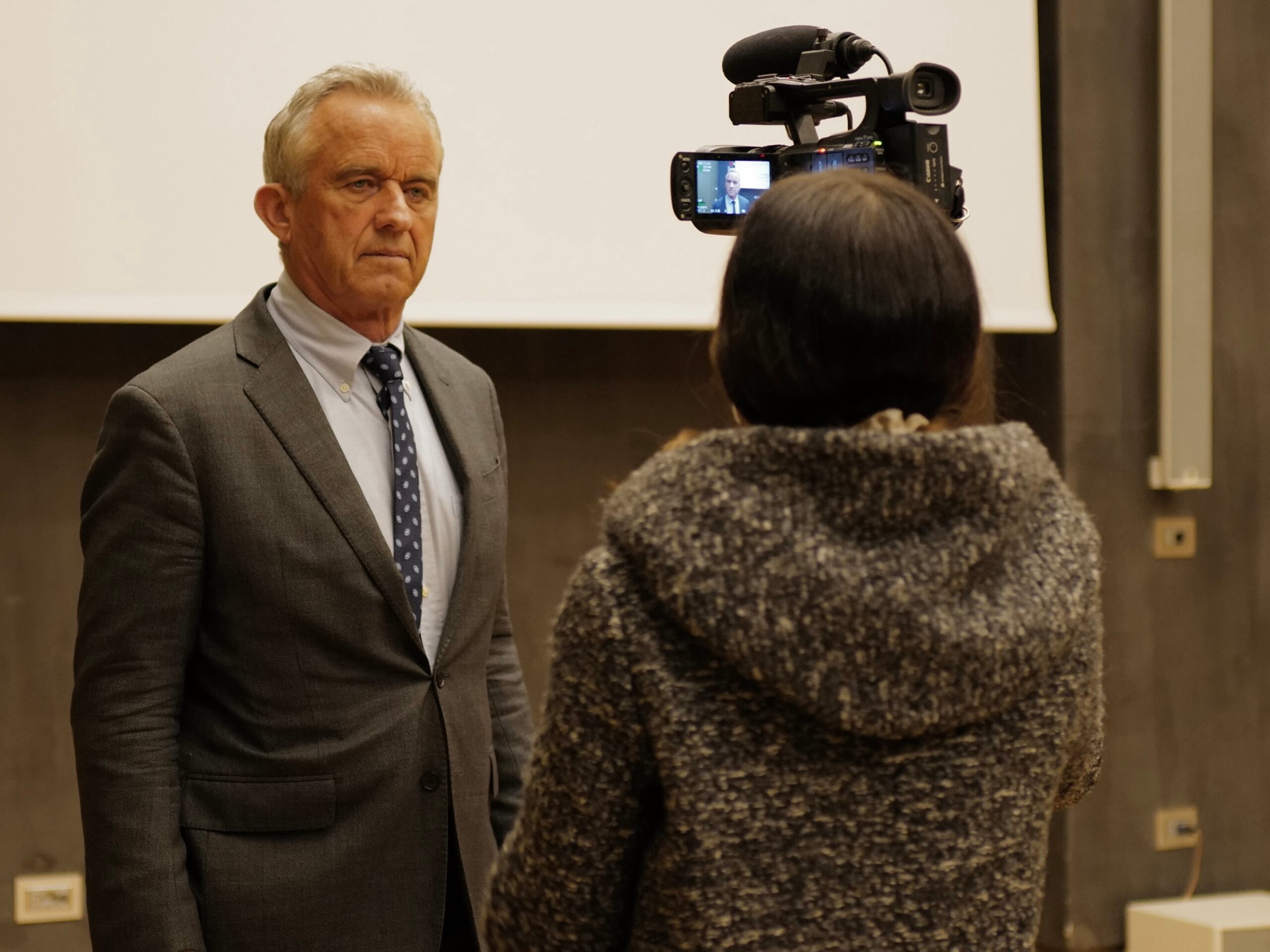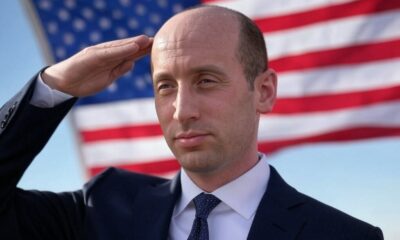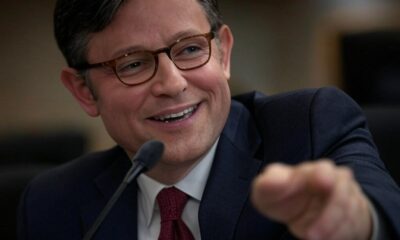Establishment Has Unhinged Criticism Of RFK Jr.’s Autism Position

In the dizzying world of political discourse, recent attacks on Democratic presidential candidate Robert F. Kennedy Jr. have taken a bizarre turn. Accusations suggest that Kennedy promotes a disturbing viewpoint – that being autistic is a negative trait. These claims, notably made by MSNBC columnist Eric Garcia, bear little connection to Kennedy’s actual stand and seem more like a deliberate attempt to smear the disruptive candidate.
Kennedy, a stalwart in his efforts to understand and mitigate autism, is now at the receiving end of media bias. His pursuit, recognized by most ordinary Americans as noble, has been twisted into a disparaging narrative by his critics. Garcia writes, “The crux of his baseless claim that vaccines cause autism is the ugly message that being autistic is bad,” attributing an intent to Kennedy that isn’t there.
The misinterpretation stems from the wrongful assumption that Kennedy’s focus on reducing autism prevalence somehow equates to stigmatizing those with the condition. Should we also condemn those striving to prevent cancer, heart disease or Alzheimer’s?
In an age of heightened sensitivities, it’s essential to differentiate between maligning a condition and striving for better health outcomes. Most parents of autistic children would understandably wish for their offspring to live free from autism’s challenges while simultaneously cherishing their unique perspectives.
Meanwhile, YouTube’s selective censorship has also caused a stir, with multiple interviews featuring Kennedy removed from the platform. The Democrat challenger to Joe Biden revealed on Twitter, “People made a big deal about Russia supposedly manipulating internet information to influence a Presidential election. Shouldn’t we be worried when giant tech corporations do the same?”
Kennedy questions the blurred lines between private corporations and government censorship, insinuating that major tech companies like YouTube and Twitter have effectively become arms of the establishment. He argues that this suppresses free speech, especially when these corporations control so much of the public square.
Additionally, Kennedy hints at the compliance of tech giants with government agencies’ directives. He adds, “In the case of my interview with Guart, YouTube probably acted on its own initiative. It has internalized the political wishes of the establishment to the point where it knows what to censor without being told.”
It’s worth noting that while Kennedy, as a presidential candidate, should be open to criticism, the media should also maintain a level of rationality in their critique. Twisting Kennedy’s efforts in combating autism into an alleged bias against the condition is misleading and damages the public discourse surrounding critical health issues. But who is really surprised that the mainstream media would go this far to bend the truth?






















